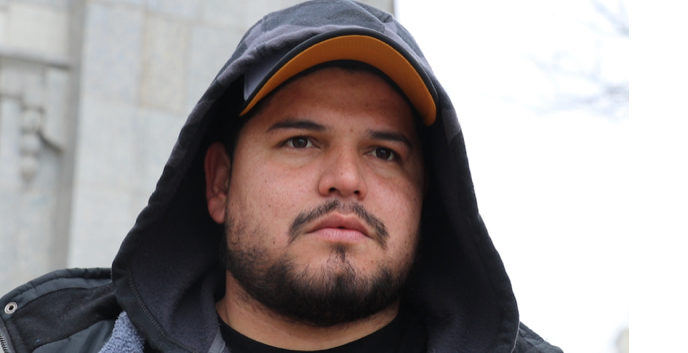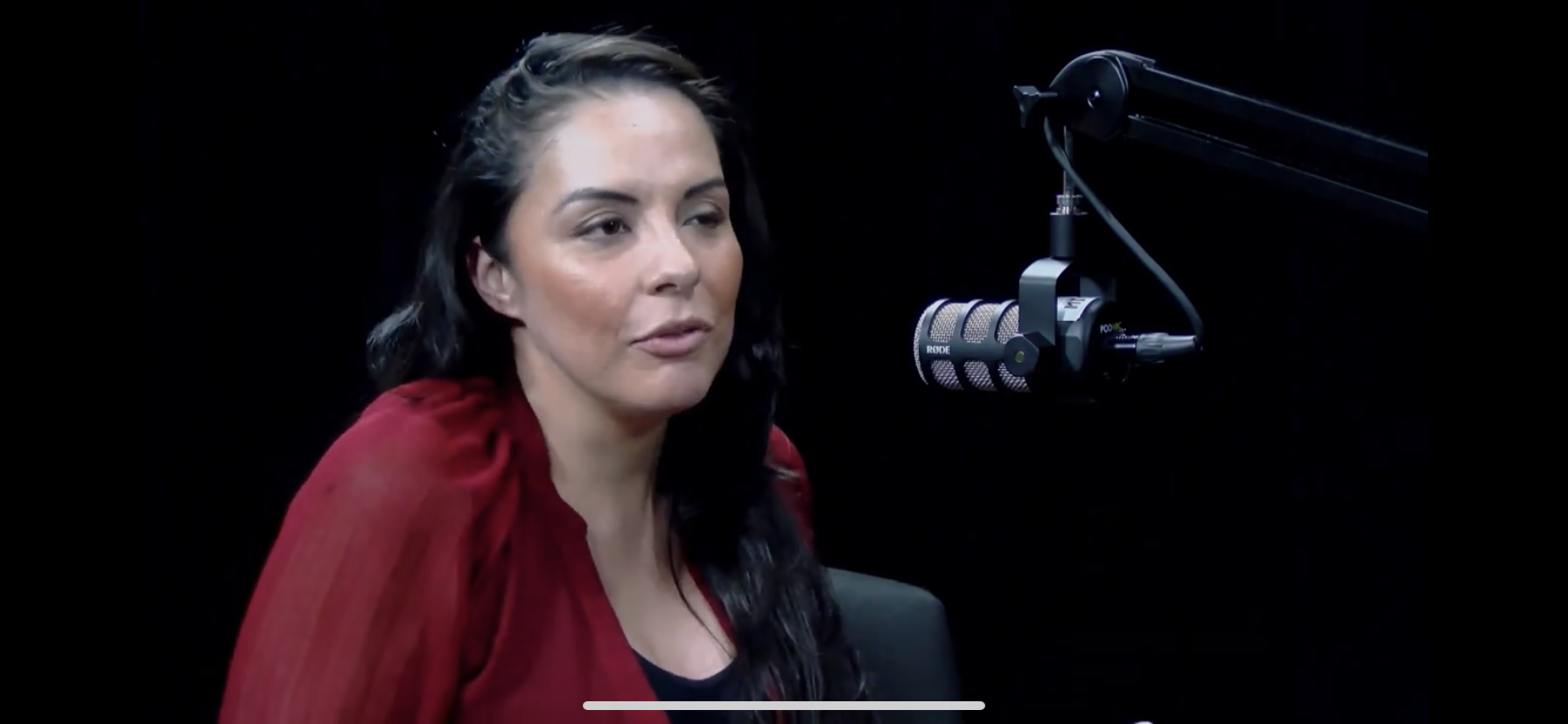Chicago has given sanctuary to over 8,000 migrants since August 2022. Hundreds of people, including many young children, have had to find temporary shelter across the city, putting tremendous strain on resources and communities.
A scheduled vote Wednesday to spend $51 million from the Chicago’s 2021 budget surplus to help care for migrants was blocked by the City Council. It’s estimated that $112 million will be spent by the city to care for the new arrivals through the end of June.
Some Northwest Side residents were upset at plans to house up to 400 asylum-seekers at a temporary shelter at Wilbur Wright College. They’re the latest community to argue that resources being considered for migrants should be used to tackle local issues, like homelessness.
Still, there are volunteers and community organizations stepping up to support migrants as Chicago sees an increase of the newcomers coming into the city. Paula Gean, founder of Chicago4All, is one of them.
She spoke with with Hugo Balta, publisher of Illinois Latino News on the podcast, “3 Questions With…” about galvanizing community organizations to produce events aimed at helping immigrants, like herself – who she says want to give more than what they are being given.
Immigrants make significant contributions to the U.S. economy. In addition to ensuring that essential services continue to be provided across the country, no better proof of that than at the height of the COVID pandemic – undocumented immigrants are also consumers whose spending power uplifts our national and local economies.
Indeed, according to some estimates, undocumented immigrants and their households pay nearly 80 billion dollars in federal taxes and more than 40 billion dollars in state and local taxes annually. Moreover, despite being ineligible for social safety net programs, like social security, undocumented workers continue to pay into them.
If it were not for Latinos, the population, labor force, number of households, and number of homeowners in the Chicago Metro Area, all would have declined from 2010 to 2018, according to a report published by UCLA Health. Strong contributions by Latinos overcame the declines among Non-Latinos and turned all of these economic variables positive Metro-wide.
SUGGESTION: “The Perilous Journey To The American Dream”

“3 Questions With…” is co-produced by the Latino News Network (LNN), an independent, multimedia digital news outlet with local newsrooms in the Northeast and Midwest, including IL Latino News and CAN TV, Chicago’s hub for community centric news, hyperlocal stories and educational resources.
